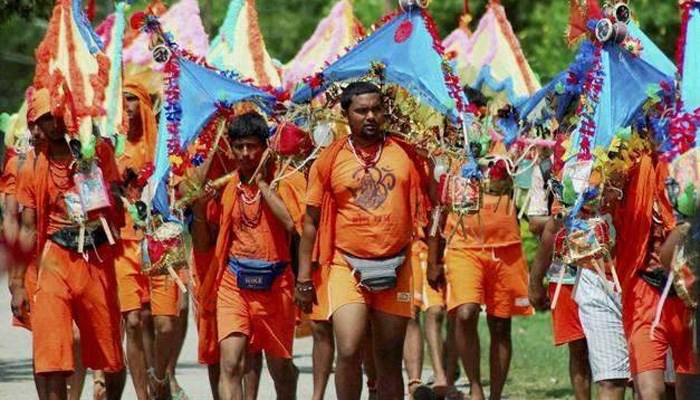Accused of temple watchman murder walks free | Times of India
CHENNAI: A man found guilty of murdering a temple watchman and burgling valuables, and sentenced to life imprisonment by a sessions court in Tirupur, walked free last week, as the Madras high court picked holes in both investigation and prosecution, and set him at liberty.
However, legally, the case helped a full bench comprising Justice S Nagamuthu, Justice P N Prakash and Justice N Authinathan to settle a key question of law and hold that a judicial magistrate had powers under Section 173(8) CrPC to allow further investigation of a crime closed by an earlier investigator with the court’s permission.
The prime accused, Chinnathambi, along with his associates Sakthivel and Nataraj, had broken into the Arulmigu Velayudhaswamy Temple at Pushpagiri Nagar in Mettupalayam in the early hours of July 4, 2005. When watchman Maakali resisted their burglary attempt, he was killed. The trio decamped withvaluables.
The sensational case was closed as ‘undetected’ as local police threw up their hands and informed the jurisdictional magistrate that they were unable to crack it. However, six years later, in 2011, an inspector stumbled on vital clues relating to the case. He made an application to the magistrate for further investigation and probed it.
The Tirupur sessions court found all the three accused guilty of murder for gain in 2016, and sentenced them to life imprisonment. The prime accused alone filed the present appeal, raising a question of law, asking how a court could permit further investigation of a closed case. Though he lost the case on a legal point, he earned freedom due to lapses in the probe as well as trial.
“Though the Section 173(8) of CrPC does not explicitly say that the investigating officer should get prior permission from the judicial magistrate before whom earlier a report was submitted by him, courts have held the view that in order to maintain procedural propriety, the investigating officer is required to seek a formal permission from the court to do further investigation. This power of the magistrate is not a power to review, revise, vary or cancel the earlier judicial order accepting the final report,” the bench said.
“Unfortunately the trial court referred to previous cases, and held that from these cases it could be inferred that Chinnathambi had the modus operandi of trespassing into temples and houses and killing the inmates to commit burglary. This conclusion is totally erroneous and illegal,” said the judges.











